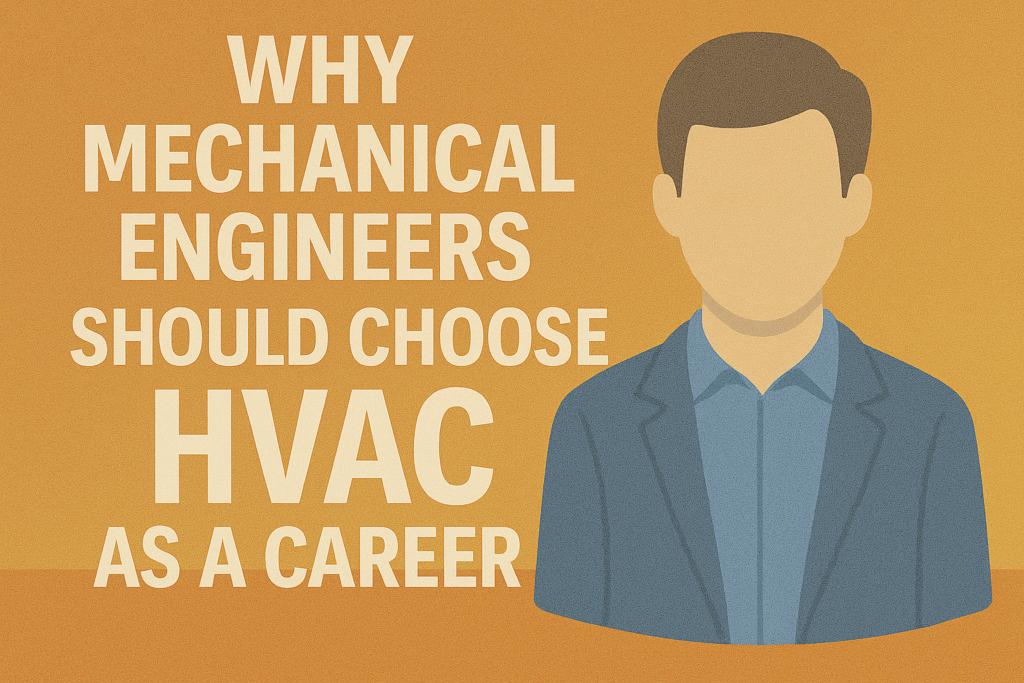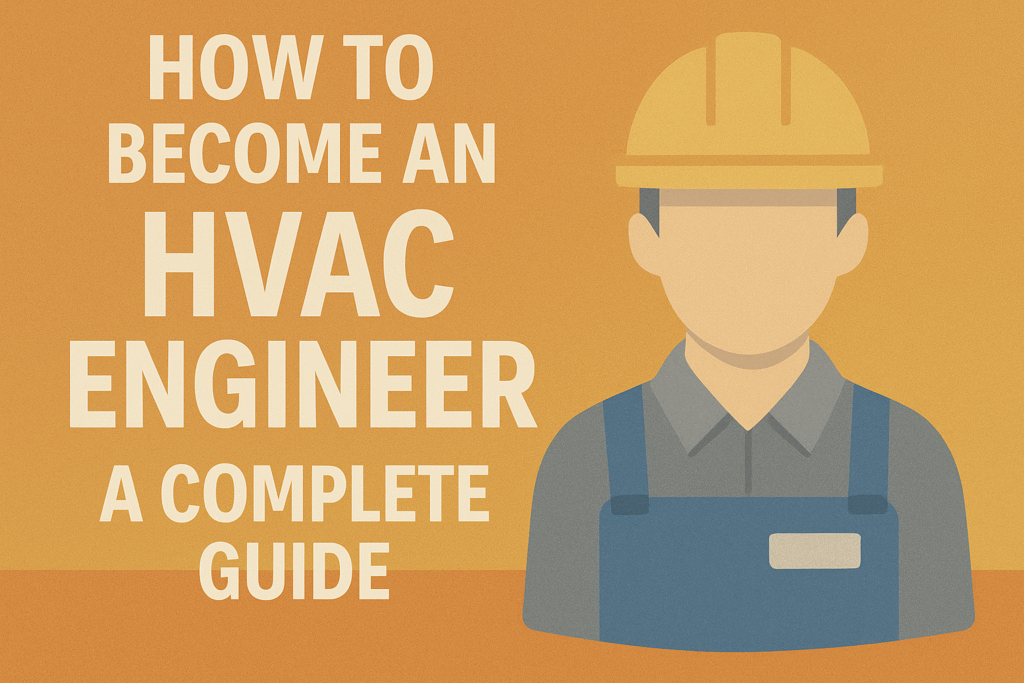If you’ve ever wondered how your home stays warm in the winter, cool in the summer, and filled with fresh air year-round, the answer lies in your HVAC system. HVAC, which stands for Heating, Ventilation, and Air Conditioning, is the backbone of indoor comfort. But what exactly is HVAC, how does it work, and why is it so important? In this comprehensive guide, we’ll break down everything you need to know about HVAC systems, their components, and their role in keeping your home comfortable and healthy.
What is HVAC?
HVAC is an acronym for Heating, Ventilation, and Air Conditioning. It refers to the technology and systems used to regulate indoor temperature, humidity, and air quality. HVAC systems are essential for creating a comfortable living environment, whether it’s a cozy home, a bustling office, or a large industrial facility. For a more in-depth look at HVAC systems, you can refer to this Wikipedia page on HVAC.

The Three Main Functions of HVAC:
- Heating: Keeps your home warm during colder months using furnaces, boilers, or heat pumps.
- Ventilation: Ensures proper airflow by removing stale air and introducing fresh air.
- Air Conditioning: Cools your home during hot weather using central air conditioners, ductless mini-splits, or window units.
How Does an HVAC System Work?
An HVAC system works by controlling the temperature, humidity, and air quality in your home. Here’s a step-by-step breakdown of how it operates:
1. Heating:
- Cold air is drawn into the system through return ducts.
- The air passes through a furnace or heat pump, where it is warmed.
- The heated air is then distributed throughout your home via supply ducts.
2. Cooling:
- Warm air is pulled into the system and passed over evaporator coils filled with refrigerant.
- The refrigerant absorbs heat from the air, cooling it down.
- The cooled air is circulated back into your home.
3. Ventilation:
- Fresh outdoor air is introduced into the system.
- Stale indoor air is expelled, reducing pollutants and improving air quality.
- Air filters trap dust, allergens, and other particles, ensuring clean air circulation.
Key Components of an HVAC System
An HVAC system is made up of several components that work together to provide comfort. Here are the main parts
1. Thermostat:
- The control center of your HVAC system. It allows you to set and adjust the temperature.
2. Furnace:
- Generates heat by burning fuel (natural gas, oil, or propane) or using electric resistance.
3. Heat Pump:
- Transfers heat between the indoors and outdoors, providing both heating and cooling.
4. Air Conditioner:
- Cools the air by removing heat and humidity.
5. Ductwork:
- A network of ducts that distributes air throughout your home.
6. Air Filters:
- Trap dust, pollen, and other particles to improve indoor air quality.
7. Vents and Registers:
- Allow air to enter and exit rooms, ensuring proper airflow.
Types of HVAC Systems
There are several types of HVAC systems, each designed to meet different needs. Here’s an overview:
1. Central HVAC Systems:
- Use ducts to distribute air throughout the home. Ideal for larger spaces.
2. Ductless Mini-Split Systems:
- Perfect for homes without ductwork or for room-specific temperature control.
3. Heat Pumps
- Energy-efficient systems that provide both heating and cooling.
4. Hybrid Systems:
- Combine a furnace with a heat pump for optimal efficiency.
5. Geothermal Systems:
- Use the earth’s natural heat to provide eco-friendly heating and cooling.
Why is HVAC Important?
Your HVAC system does more than just keep you comfortable—it plays a vital role in your home’s health and safety. Here’s why HVAC is so important:
1. Comfort:
- Maintains a consistent temperature year-round, ensuring your home is always comfortable.
2. Air Quality:
- Filters out pollutants, allergens, and dust, improving indoor air quality.
3. Energy Efficiency:
- Modern HVAC systems are designed to reduce energy consumption, lowering utility bills.
4. Safety:
- Proper ventilation reduces the risk of carbon monoxide buildup and other hazards.
Common HVAC Problems and Solutions
Even the best HVAC systems can experience issues. Here are some common problems and how to fix them:
1. System Not Cooling or Heating:
- Check the thermostat settings and replace air filters.
2. Strange Noises:
- Rattling or buzzing could indicate loose parts or debris in the system.
3. High Energy Bills:
- Dirty filters, leaky ducts, or an aging system may be the cause.
4. Water Leaks:
- Clogged drain lines or frozen evaporator coils can lead to leaks.
If you’re unable to resolve these issues, it’s best to contact a professional HVAC technician.
HVAC Maintenance Tips
Regular maintenance is essential to keep your HVAC system running efficiently. Follow these tips:
1. Change Air Filters:
- Replace filters every 1-3 months to ensure proper airflow.
2. Clean Ducts and Vents:
- Remove dust and debris to improve air quality.
3. Schedule Annual Tune-Ups:
- Hire a professional to inspect and service your system.
4. Check Thermostat Settings:
- Upgrade to a programmable or smart thermostat for better control.
5. Clear Outdoor Units:
- Remove leaves, dirt, and debris from the condenser unit.
Energy-Saving Tips for Your HVAC System
Want to reduce your energy bills while staying comfortable? Try these tips:
- Upgrade to a High-Efficiency System: Look for systems with a high SEER (Seasonal Energy Efficiency Ratio) rating.
- Seal and Insulate Ducts: Prevent air leaks to improve efficiency.
- Use Ceiling Fans: Supplement your HVAC system to reduce workload.
- Install a Smart Thermostat: Optimize temperature settings based on your schedule.
When to Replace Your HVAC System
Even with proper maintenance, HVAC systems don’t last forever. Here are signs it’s time for a replacement:
- Your system is over 10-15 years old.
- Frequent breakdowns and repairs.
- Rising energy bills despite regular maintenance.
- Inconsistent temperatures or poor airflow.
Choosing the Right HVAC System for Your Home
Selecting the right HVAC system depends on several factors:
- Size of Your Home: An oversized or undersized system can lead to inefficiency.
- Climate: Consider systems designed for your region’s weather conditions.
- Budget: Balance upfront costs with long-term energy savings.
- Energy Efficiency: Look for ENERGY STAR® certified systems.
Conclusion
Understanding what HVAC is and how it works is the first step toward maintaining a comfortable and healthy home. From heating and cooling to ventilation, your HVAC system plays a crucial role in your daily life. By following the tips and advice in this guide, you can ensure your HVAC system runs efficiently, saves energy, and keeps your home comfortable year-round.
For more expert tips and guides on HVAC systems, visit SmartHVACGuide.com. Don’t forget to share this article with friends and family who might find it helpful!
FAQs About HVAC Systems
1. What does HVAC stand for?
HVAC stands for Heating, Ventilation, and Air Conditioning. For more detailed information, you can visit this Wikipedia page on HVAC.
2. How often should I service my HVAC system?
It’s recommended to service your HVAC system at least once a year, ideally before the heating or cooling season.
3. What is the average lifespan of an HVAC system?
Most HVAC systems last between 10-15 years, depending on maintenance and usage.
4. Can I install an HVAC system myself?
HVAC installation is complex and requires professional expertise to ensure safety and efficiency.
5. How can I improve my HVAC system’s efficiency?
Regular maintenance, upgrading to a smart thermostat, and sealing ducts can significantly improve efficiency.



Pingback: SmartHVACGuide.com – Your Trusted Guide to HVAC (Heating, Ventilation & Air Conditioning)
Pingback: SmartHVACGuide.com – Your Trusted Guide to HVAC (Heating, Ventilation & Air Conditioning)